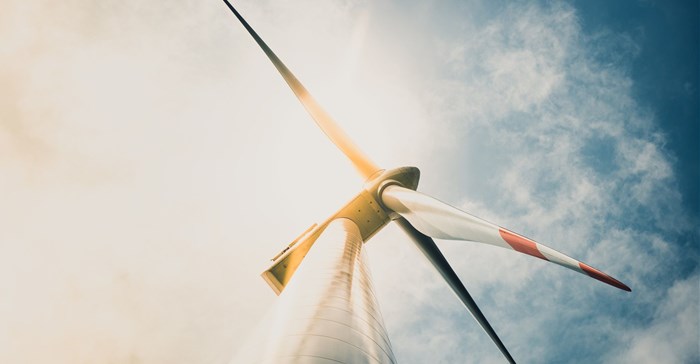
Top stories




Marketing & MediaAds are coming to AI. Does that really have to be such a bad thing?
Ilayaraja Subramanian 21 hours


More news
















Responding to oral questions in the National Assembly, the president said the IPPs would not collapse Eskom. He said the power utility’s headwinds are as a result of a number of factors – from state capture to poor maintenance of its power plants.
“The severe financial and operational challenges currently being experienced by Eskom are not caused by the independent power producers programme, and in particular the renewable energy projects.
“Eskom’s challenges have been driven by massive cost and time overruns on the new build programme, the effects of state capture and corruption, collapse in governance, unsustainable debt levels and poor maintenance of plants,” he said.
He said this in response to a question by EFF leader Julius Malema, who had asked about the cost to Eskom of the independent power producers that signed the latest round of power purchasing agreements with Eskom and if the costs of the agreements would collapse the power utility.
The president said the independent power producers are investing their own debt and equity to construct the projects, including the cost of connecting these power projects to the grid.
He said the value of the 27 independent power producers agreements signed in April 2018, represented in terms of private sector investment, is R57bn.
To date, the total value of private investment in South Africa’s renewable energy generation capacity is R202bn.
It is expected that a total of 372MW will be connected to the grid between now and March 2020 and that Eskom will buy electricity worth R170m in the 2019/20 financial year.
“These IPP costs are fully covered by Nersa, the regulator, through the cost recovery mechanism in the multi-year price determination process.
“In other words, the costs that Eskom incurs in buying electricity from the IPPs are recovered in the tariff set by the regulator.
“The costs of the most recent power purchase agreements will only be incurred when these plants are constructed and connected to the grid.
“The costs will therefore certainly not collapse the power utility,” he said.
The president said, meanwhile, that the unbundling of Eskom will not lead to its privatisation.
This follows his announcement during the State of the Nation Address that government is looking at reconfiguring Eskom’s operations into three separate state-owned entities – generation, distribution and transmission.
The President said to support Eskom’s financial turnaround plan, which focuses on driving efficiency and reducing costs, government has allocated R23bn a year for the next three years to support Eskom during its reconfiguration.
“In turning its operations around, Eskom has developed a plan that focuses on resolving unplanned breakdowns, addressing the performance and reliability challenges affecting the new units at Medupi and Kusile, improving coal stocks and strengthening human resource capacity.
“Alongside these direct interventions, the plan is to restructure Eskom into separate state-owned entities responsible for generation, transmission and distribution.
“This proposed restructuring is in line with the 1998 Energy Policy White Paper. Contrary to what some have claimed, restructuring will not result in the privatisation of Eskom,” Ramaphosa said.
He said the main benefit of separation will be to improve financial management and ability to raise funding as well as transparency, and being able to mitigate and distribute risks and strengthen incentives for efficiency.
SAnews.gov.za is a South African government news service, published by the Government Communication and Information System (GCIS). SAnews.gov.za (formerly BuaNews) was established to provide quick and easy access to articles and feature stories aimed at keeping the public informed about the implementation of government mandates.
Go to: http://www.sanews.gov.za